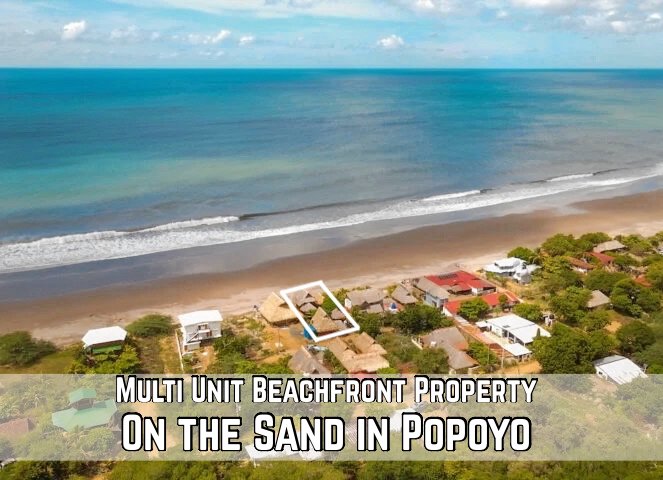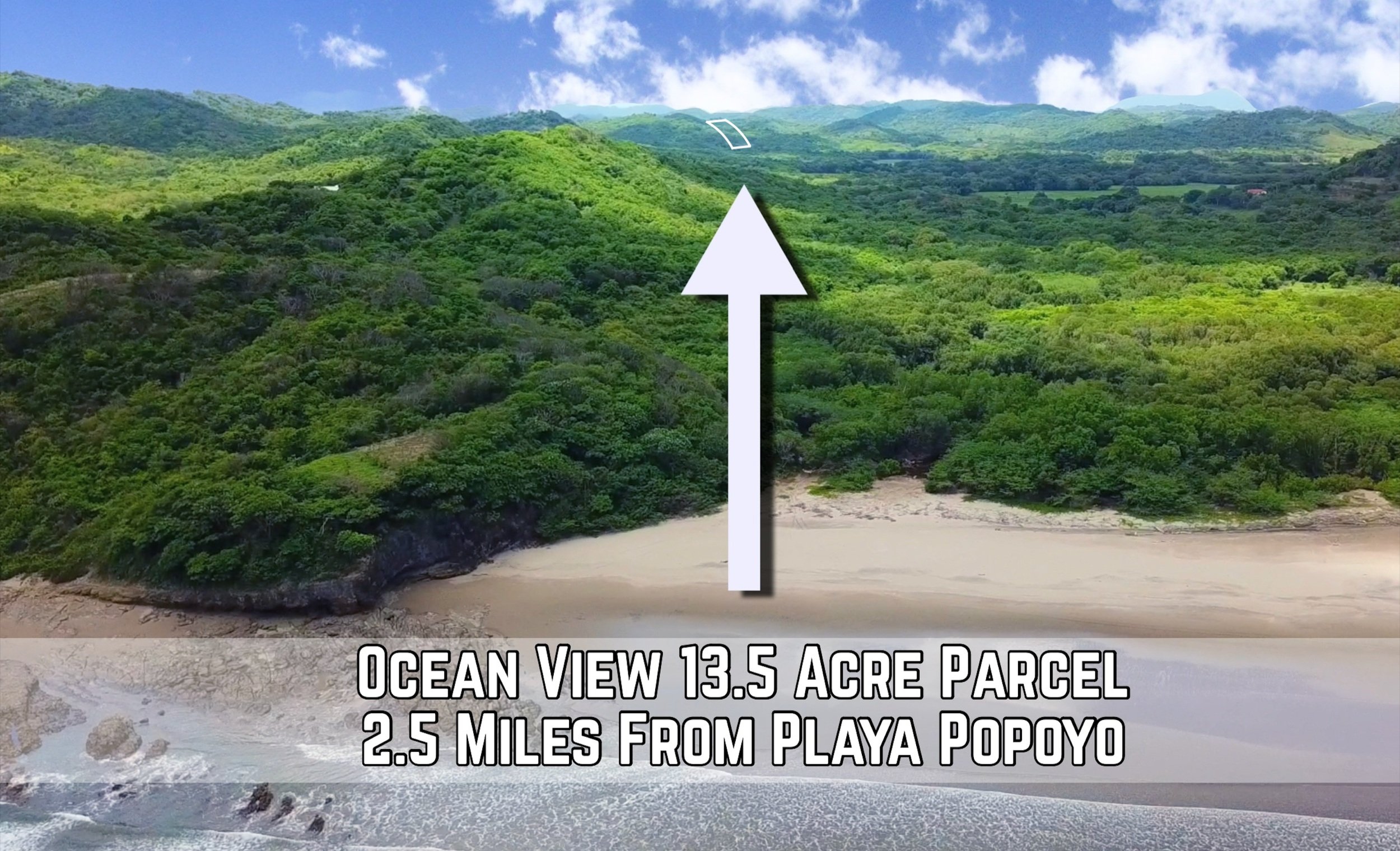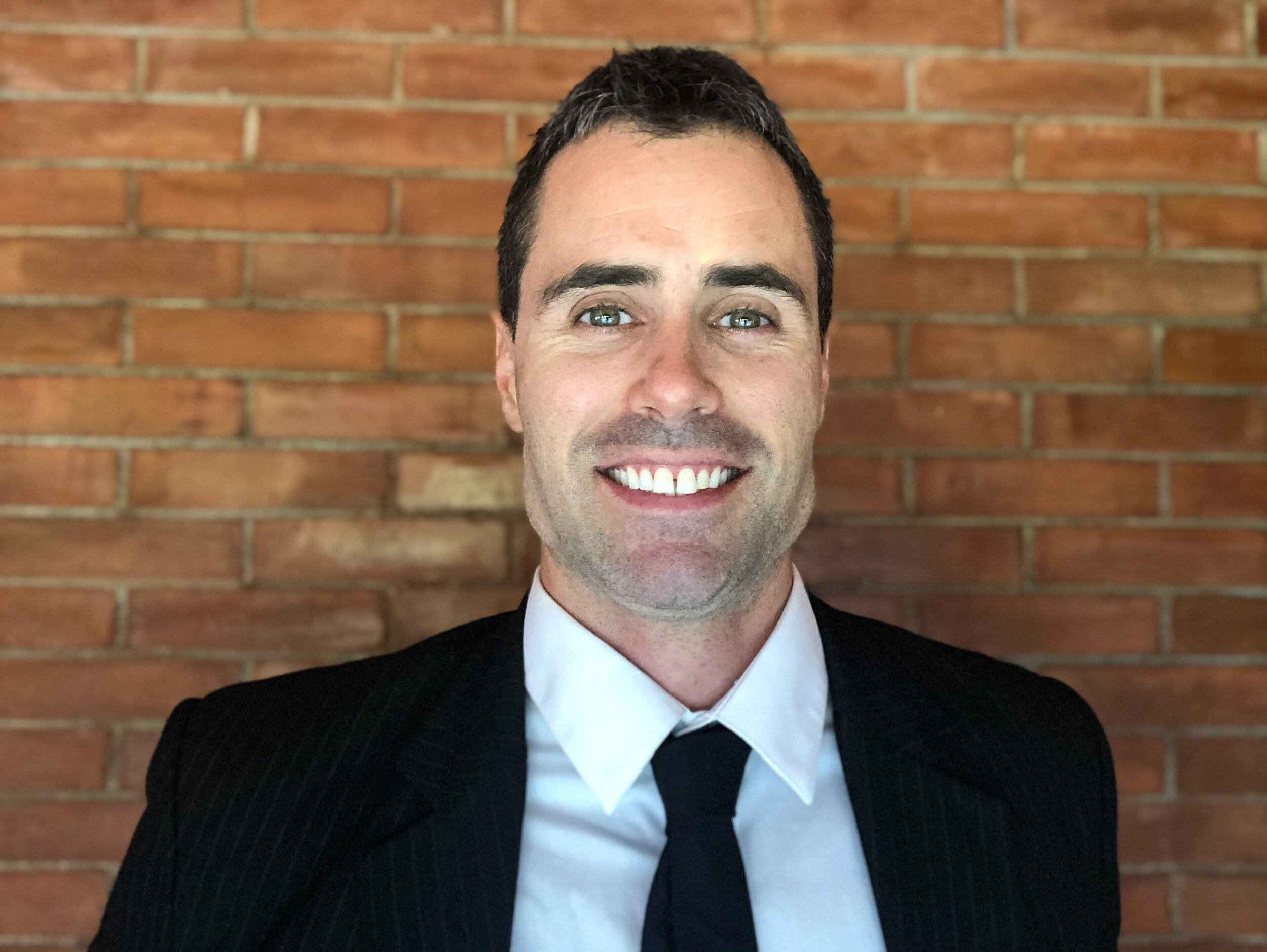The Cost of Living in Nicaragua in 2025
Hey everyone. Thank you for checking out this article, designed to help you estimate your unique cost of living in Nicaragua
It’s been a few years since I last covered the cost of living in San Juan del Sur, and with inflation surging in North America and across much of the world, I thought it was time for an update. My previous article and video focused on the pros and cons of living in Nicaragua as an expat—one of the biggest advantages, of course, being affordability. Especially with new tariffs in the U.S. likely to increase the cost of living even more.
To give an overview to begin with:
Monthly Budget Estimates in San Juan del SuR, Nicaragua
*For those that own their own property
Single Adult: $1,200 / month +
Couple: $1,500–$2,500 / month +
Family of Four: $2,500–$5,000 / month+
As living expenses in the United States, Canada, and other developed countries have risen sharply, many people are now exploring new options abroad. This article gives you a closer look at how the cost of living in Nicaragua, particularly in San Juan del Sur, compares in 2025.
North American Cost of Living vs. Nicaragua
Since 2019, the U.S. has experienced a 31% increase in food prices. In Canada, families are spending thousands more on groceries annually than they were before the pandemic. Home prices in the U.S. have skyrocketed by 47%, while Canada has seen an average price increase of about $119,000. Rental rates in the U.S. have jumped roughly 33%. Overall, the cost of living has gone up by about 18% in Canada and more than 20% in the U.S.
Nicaragua hasn’t been immune to inflation, but since it started from a much lower baseline, the absolute dollar increases are far more modest. Locally produced goods and labor have remained relatively affordable. The main exception is construction, as the global cost of materials like concrete and steel has driven up building prices significantly. Steel, for example, has increased by around 43%, making new construction considerably more expensive.
That’s why I usually recommend looking at existing homes instead of building from scratch. Renovating is often much more cost-effective, especially since labor costs remain low. The exceptions would be if you can’t find a suitable existing property, if you want to design your dream home from the ground up, or if you find an ideal beachfront lot worth developing.
Why So Many Expats Are Moving to Nicaragua
More and more remote workers, digital nomads, and retirees are relocating to Nicaragua due to the massive cost-of-living difference. In San Juan del Sur, you can enjoy a high quality of life for a fraction of what you’d spend back home. The laid-back lifestyle, friendly locals, and stunning natural beauty make this town especially attractive.
I’m based in San Juan del Sur, a longtime favorite among expats and retirees. As we head into 2025, here’s a comprehensive cost-of-living breakdown to help you budget effectively.
Housing Costs
Obviously owning your own property is going to dramatically lower your monthly expenditures. If you’re looking for property here, reach out to me. We work with all the other brokers so even if you find a property elsewhere I’m here to help with any purchases.
Housing expenses vary based on size, amenities, and location (San Juan del Sur, Tola/Popoyo, and Granada are the most popular expat hubs). Whether you're buying or renting, there are options at nearly every budget level.
As for rentals – we don’t manage them directly, but I’m happy to connect you with trusted rental managers. Rental prices have increased since 2019—back when travel restrictions caused demand to plummet—but remain affordable by international standards.
Basic One-Bedroom Apartment (downtown): $400–$500/month +
One-Bedroom Outside Town: $250–$625/month +
Upscale 3-Bedroom with Pool & Ocean View: $1,200–$1,800 /month +
Utilities
Utility costs depend on usage and the size of your property. Electricity is the most significant variable—especially if you rely on air conditioning.
I manage a multi-unit property with four AC units, and I’ve found that older, inefficient units are usually not worth repairing. Instead, I’ve started replacing them with new mini-split units. For example, I picked up an open-box LG unit from Sinsa (our version of Home Depot) and found it pays for itself in energy savings within a year or two.
Electricity: $120–$400/month
Water: $5–$50/month (higher if you have a pool or are on private water systems)
Internet: $25–$100/month
I use Claro’s 50 Mbps fiber optic plan for under $60/month
Gas (for cooking): Usually around $15 per refill
Groceries
Food is one of the biggest cost advantages of living here. I eat almost entirely locally sourced products—much of it coming from within 20 miles. Check out my guide to shopping in San Juan del Sur for more on that, though it could use an update. New spots like Ahorra Más are a great addition to the grocery store options.
My Grocery Bill (high-protein, local-focused): ~$400/month
Typical Adult Grocery Budget: $300/month
Family of Four: $1,000–$1,400/month
Imported goods are more expensive. Managua has a PriceSmart (a Costco subsidiary) where you can stock up on Kirkland-brand items, imported wine, cheese, and more—but this will drive your food budget higher.
Dining Out
Eating out is far more affordable than in North America.
Local “Comedor” meals: $3–$5
Mid-range restaurants: $8–$15 per plate
High-end dining: $20+ (still cheaper than most big-city options)
Check out my article on top cafes and restaurants in San Juan del Sur for more recommendations.
Transportation
Transportation is another area where Nicaragua shines in affordability.
If you’re living here long-term, it’s worth buying a vehicle. I’ve got another article on buying a car in Nicaragua, but here’s the short version:
Best Pickup Truck: Toyota Hilux
Best 7-Seat SUV: Toyota Land Cruiser Prado (I drive the turbo diesel version and get incredible fuel economy)
Gas Prices (2025): $1.33/litre (diesel is slightly less)
Basic Insurance: $60/year - this is minimum legal insurance for cars and doesn’t include comprehensive coverage.
Repairs & Maintenance: 50 to 80% cheaper than in Canada. I recommend One Stop Auto Shop in San Juan del Sur.
Healthcare
Basic healthcare is free—even for foreigners. The public hospital in San Juan del Sur is surprisingly efficient. Friends of mine have had injuries like broken wrists and ankles treated quickly and professionally, with x-rays, casting, and all within three hours—for free.
For more serious needs, most expats opt for private health insurance. The Vivian Pellas Hospital near Managua is the gold standard and offers English-speaking support and insurance options via their Club de Salud.
Private Insurance: Varies by age and coverage
Dental Check-Up & Cleaning: $50 at Sun Care Dental in San Juan del Sur
Fitness, Wellness & Leisure
Gym Membership (Move Viva Fitness): $40/month
Yoga Classes (Zen Yoga): $7/class or $70 for a 10-class pass
Massages (Art of Healing): $30 for a 1-hour deep tissue massage
Education
Most expat families in town send their kids to the San Juan del Sur Day School, which offers a U.S.-style curriculum in English. You can check out my article on that for more.
Tuition: $400/month per child
Final Thoughts
While costs can vary depending on your lifestyle and preferences, San Juan del Sur remains one of the most affordable and enjoyable places to live for expats, digital nomads, and retirees. Whether you're budgeting a little over $1,000 or $5,000 a month, you can craft a life here that’s both affordable and enriching—with warm weather, beautiful beaches, and a welcoming community.
If you're considering moving or investing here, feel free to reach out—I’m always happy to share insights or connect you with trusted local professionals.
You can contact me any of the ways below.
Cheers!
Joel Stott-Jess
LifeInNica.com
Cell / WhatsApp: +505 8176 8624
US Number: 1 786 753 8743
Skype: joelstottjess
Joel Stott-Jess is a New York Times featured agent / broker in San Juan Del Sur.
Originally from Alberta, Canada he has been doing business in Nicaragua since 2014.
An investment consultant, serial entrepreneur, surfer, and outdoor enthusiast he is an expert on the real estate and business markets in Nicaragua. He also operates The Central Investor, a real estate and investment blog focused on the entire Central American region.




































